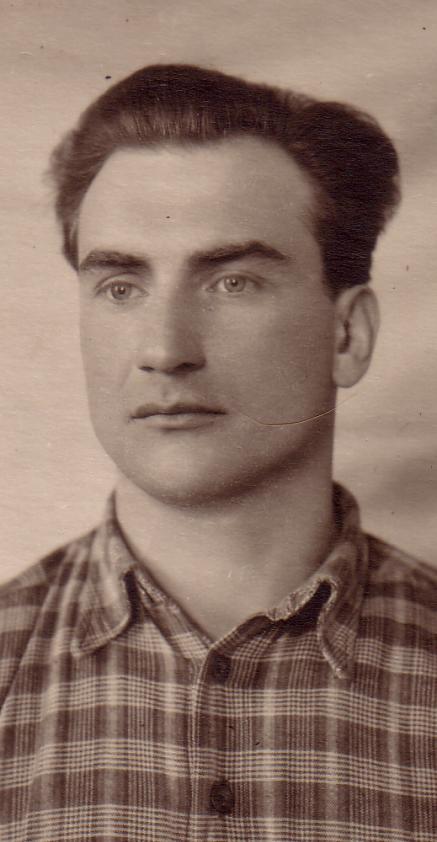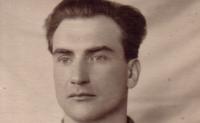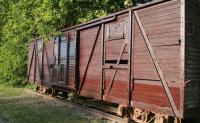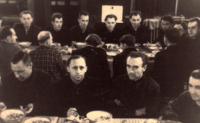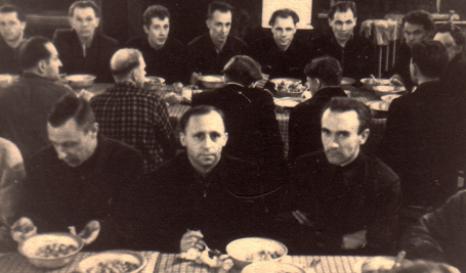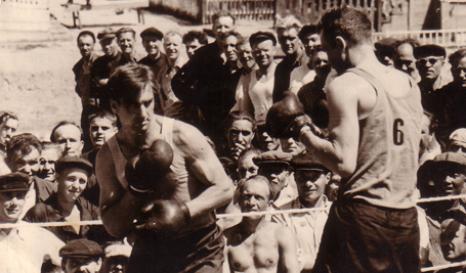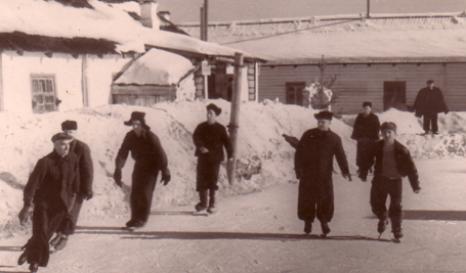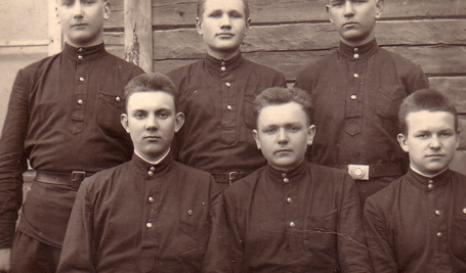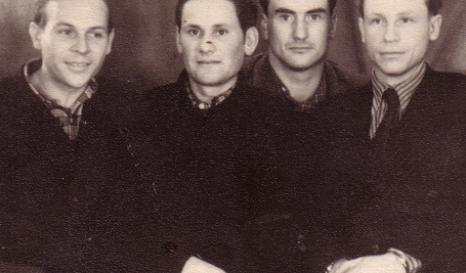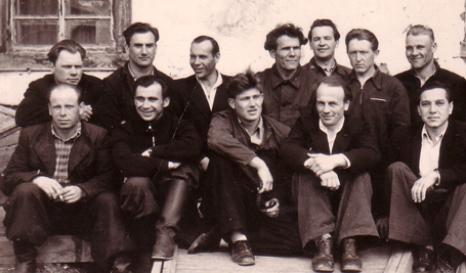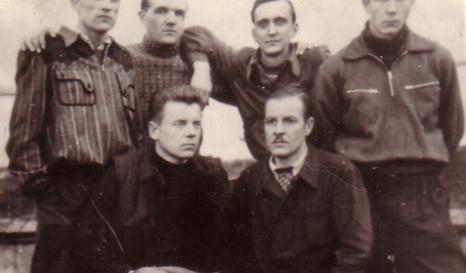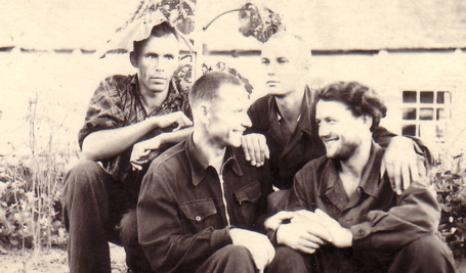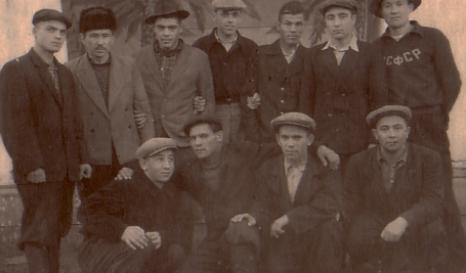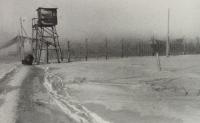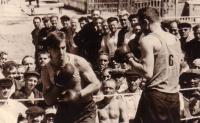BioGraphy
Juozas EIDUKEVIČIUS
Juozas Eidukevičius was born in Lithuania in 1929. His parents had 11 hectares (27 acres) of land. He was 14 when he started work. In 1948, he and his father were arrested. He was sentenced to 25 years’ camp for nationalist activities, accused of helping the Lithuanians who were fighting the Soviets.
His mother and sister were deported the following year – he only found out in 1955. First he was sent to Inta in the north and then to Vorkuta. He remembers arriving with other Lithuanians at this camp, where the prisoners were afraid of the arrival of these “fascists”.
He was threatened with the firing squad, when Stalin died, because he refused to get up when the siren rang out. Shortly afterwards he escaped with a Lithuanian fellow-prisoner, but was arrested near Pechora. Also in 1953, he went on strike with the Vorkuta prisoners, a strike that was severely put down.
Then he was sent to a Siberian camp in the Irkutsk region. Amnesty was proclaimed in August 1956, but his criminal record was not completely expunged, because he had assaulted a team leader at Vorkuta, who had stopped him going into a heated building. Sentenced for violence, he has still not been amnestied for this offence.
In 1959, he was released and went to work at Bratsk, a town booming with the construction of the hydroelectric plant. He now lives in a small Siberian village.
The interview with Juozas Eidukevičius was conducted in 2010 by Emilia Koustova and Larissa Salakhova.


